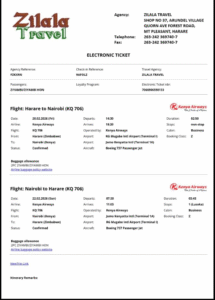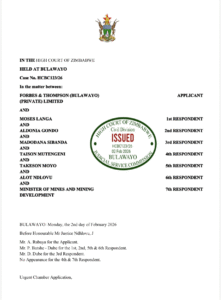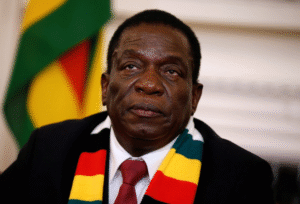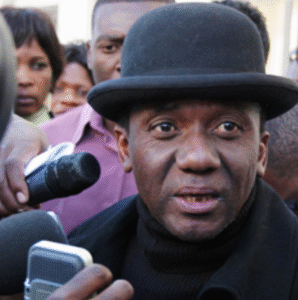MNANGAGWA’S FINAL GAMBLE COULD TEAR ZANU PF APART
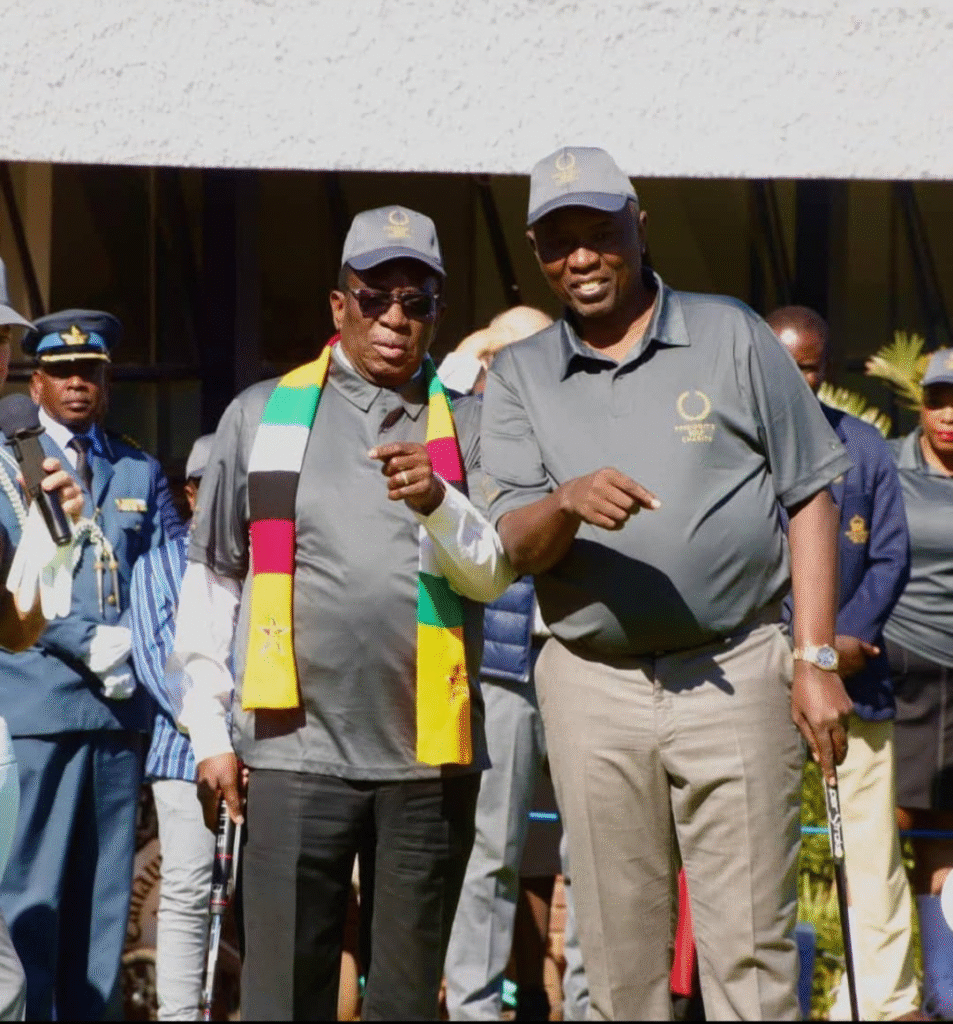
President Emmerson Mnangagwa is facing his biggest political test yet. Ahead of the Zanu PF annual conference set for 13 to 18 October in Mutare, he must decide whether to force his unpopular 2030 political agenda onto the country. He can call for a referendum or two if needed, use Parliament to delay the 2028 elections and stay longer, or abandon the idea and leave in 2028 as the Constitution requires. All three paths are dangerous. One risks public humiliation, the second creates a constitutional crisis, and the third means he loses control of what happens next.
Mnangagwa insists he is a “constitutionalist” who will not stay beyond 2028. But last year, he got Zanu PF to pass a resolution allowing him to extend his term. That contradiction tells a different story. He clearly wants to stay, but knows the risks are high. His biggest fear is not just losing power. It is losing protection. He no longer wants Vice-President Constantino Chiwenga to take over. Chiwenga helped him gain power in the 2017 coup, but their relationship has soured.
Mnangagwa fears that a Chiwenga presidency would lead to revenge. He believes Chiwenga could seize his wealth and jail his family under corruption charges. That fear is real. Power in Zimbabwe is personal. No leader trusts the next one to protect them. That’s why succession battles are always brutal. Ethnicity is also part of the fight. After Mugabe, Mnangagwa and his Karanga faction don’t want another Zezuru leader. And Chiwenga is Zezuru. In Zimbabwe, tribe still shapes politics behind closed doors.
In this chaos, a new figure has quietly entered the race: businessman Kudakwashe Tagwirei. He is one of the richest and most powerful men in Zimbabwe. He says he has no plans to run for president, but his allies say otherwise. They claim he believes money can win him power. But Tagwirei is not a politician. He’s never fought in the struggle. He’s never held elected office. What he has is cash, loyalty to Mnangagwa, and deep control over state contracts and fuel deals.
If Tagwirei somehow succeeds in rising to power, it would be one of the most dangerous developments in Zimbabwe’s history. It would mean that politics has been fully captured by money. A man with no democratic mandate, no record of public service, and no accountability could take the reins of a broken state. That would be a disaster for ordinary people. It would mark the death of even the little dignity left in our democracy.
Zanu PF’s spokesperson Chris Mutsvangwa is also manoeuvring, though he denies having presidential ambitions. And General Philip Valerio Sibanda, head of the army, is being positioned by Mnangagwa as a potential dark horse. Sibanda could enter politics after retiring this year. In fact, Mnangagwa already tried to sneak him into the Zanu PF politburo last year, but was stopped on legal grounds.
Power is now shifting from the liberation leaders like Nkomo and Mugabe, to the generation of soldiers and businessmen. Chiwenga wants the presidency at all costs. Sibanda may still rise if Mnangagwa bets everything on him. But the wildcard is Tagwirei. If he wins, Zimbabwe won’t just have a corrupt leader—it will have a businessman-president funded by looting, who sees the country as a private company. For activists and citizens, that is the worst-case scenario. A silent coup by money, not guns. And we must resist it with everything we have.
